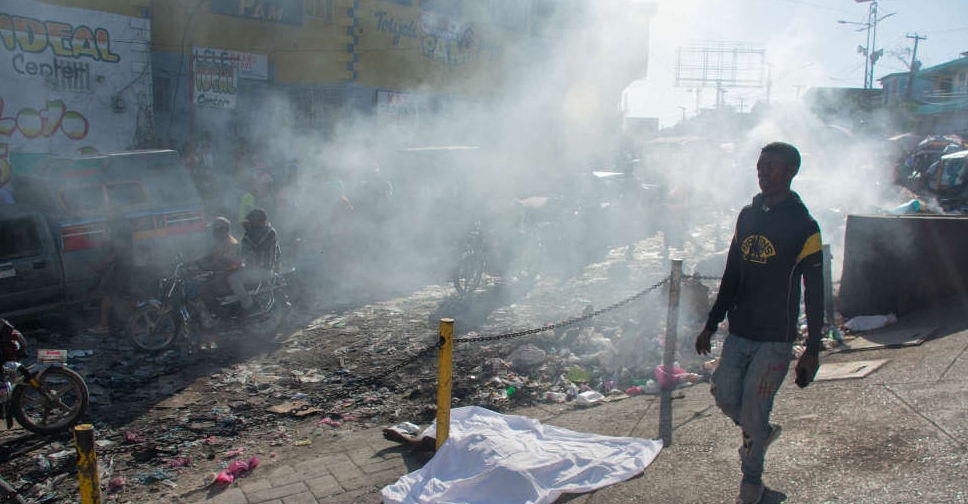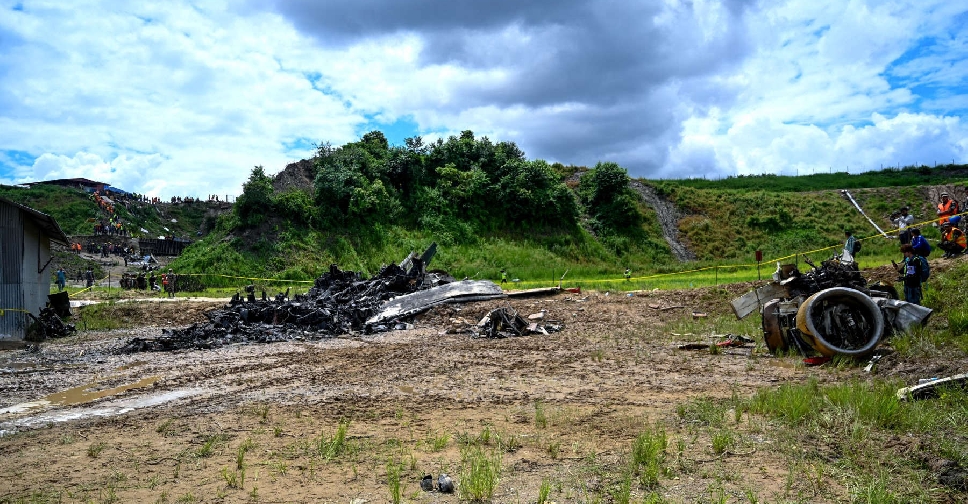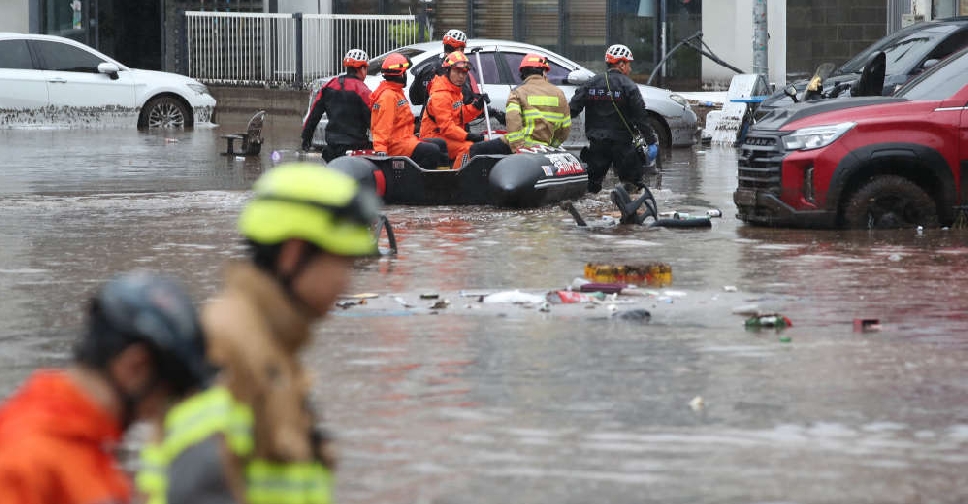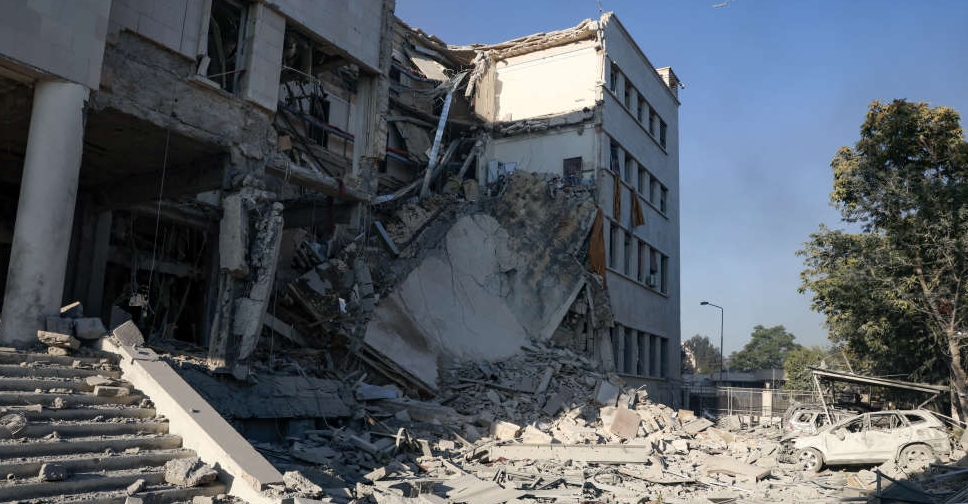
Haitian state-owned power firm Electricite d'Haiti (EDH) said that output at Peligre, the Caribbean nation's largest hydroelectric plant, was down to zero since Monday, after protests over distribution of the country's flailing power supplies.
Output at Peligre has been down after people stormed the plant demanding other areas be supplied before the capital, Port-au-Prince, where some residents are relying on diesel-powered generators and solar batteries, EDH said.
The capital's poorest residents cannot afford either alternative.
"Such actions, far from helping meet the population's electricity needs, make EDH's challenges even more difficult as the equipment used to operate plants are expensive and hard to repair, maintain or replace," EDH said in a statement.
It called on authorities to urgently take necessary measures to secure the plant, a structure of "strategic importance to the Haitian state."
With a capacity of 54 megawatts (MW), Peligre provides nearly all of EDH's 60 MW of hydroelectric power, Haiti's largest source of electricity after fossil fuels.
Just 49 per cent of people in the Caribbean nation have access to the electricity grid, according to the latest World Bank data.
EDH said two transformers had been irreversibly broken, and it was unable to bring in technical assistance because the Ouest department, where Port-au-Prince is located, has been virtually cut off from the rest of the country.
Haiti is battling a humanitarian crisis that has seen violent and powerful armed gangs take over much of the capital and surrounding areas, cutting off safe transport as well of key supplies of goods such as medicine and food.
Nearly 580,000 people have been internally displaced and close to five million are facing severe hunger.



 Incorrect speed record card caused 2024 Nepal plane crash, says panel
Incorrect speed record card caused 2024 Nepal plane crash, says panel
 US designates Pakistani group's offshoot as 'terrorist' organization over Kashmir attack
US designates Pakistani group's offshoot as 'terrorist' organization over Kashmir attack
 Torrential rain pounds South Korea as thousands take shelter
Torrential rain pounds South Korea as thousands take shelter
 US did not support Israel's Syria strikes, Sharaa vows to protect Druze
US did not support Israel's Syria strikes, Sharaa vows to protect Druze


